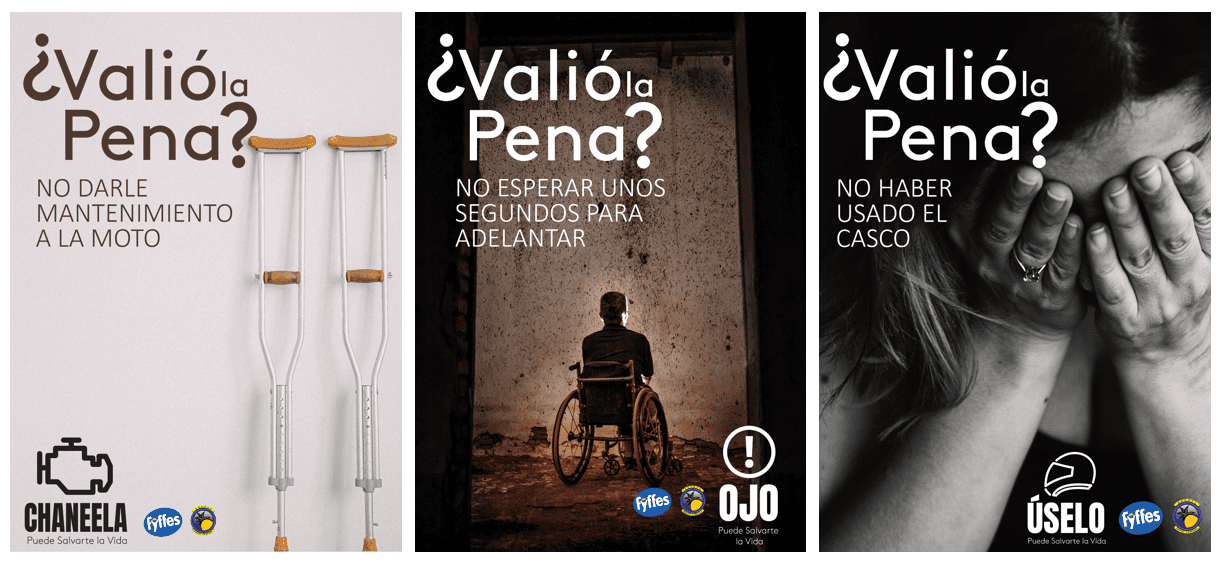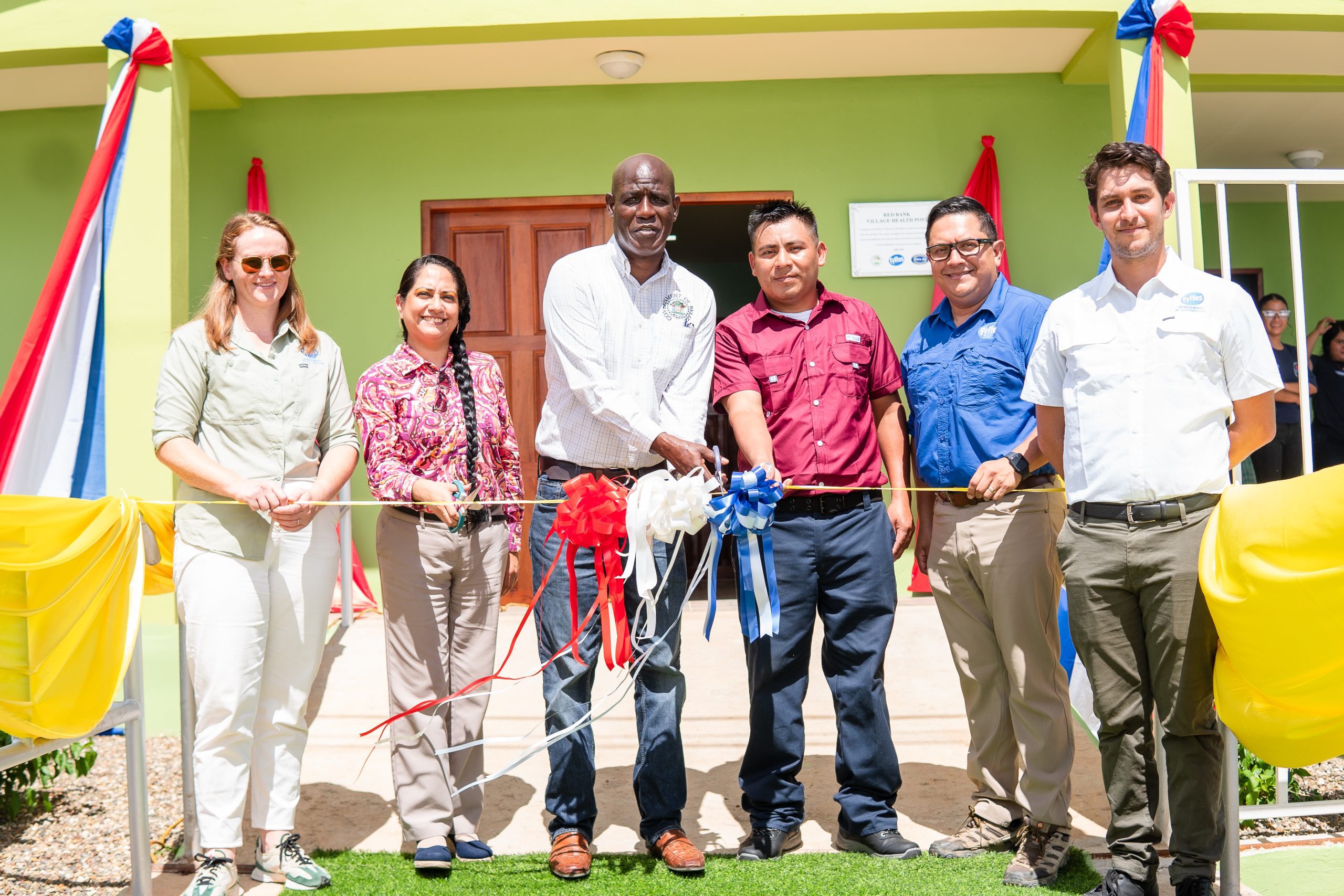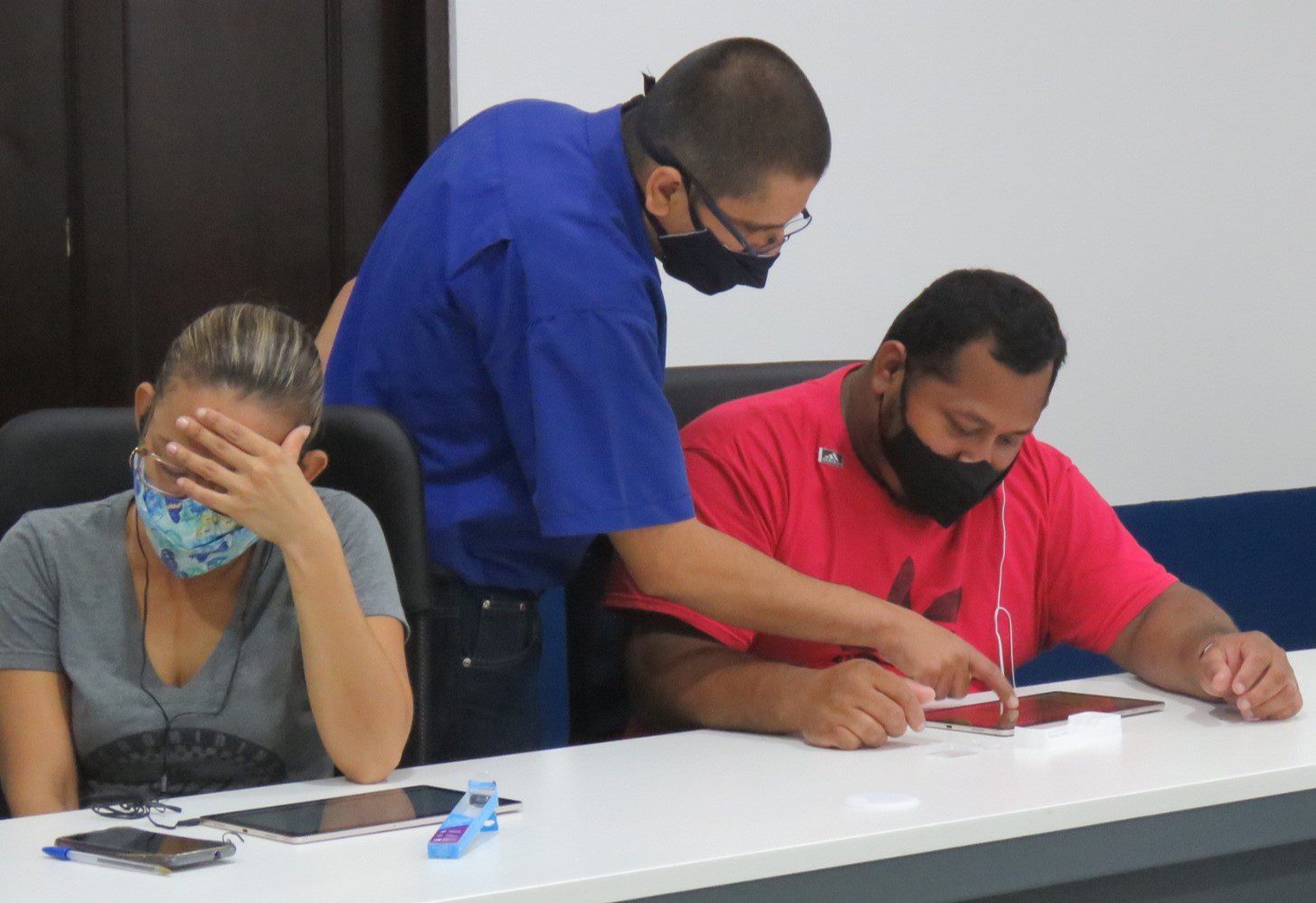Road Safety Campaign In Costa Rica





A new road safety campaign started this summer near our pineapple farm ANEXCO, in Costa Rica. We caught up with Roger Blandon, one of the organisers of this initiative, who explains the importance of this campaign for the local community and what it aims to accomplish.
What is the objective of the Road Safety Campaign?
We are very sensitive to the issue of road accidents, which is one of the main causes of death in Costa Rica. The main objective of our Road Safety Campaign is to reduce the number of road accidents in which ANEXCO colleagues are involved, and we aim to do it in the following way:
- INFORM: Improve and reinforce road safety knowledge among colleagues who travel by motorcycle
- RAISE AWARENESS: Promote a culture of caution on the roads
Why is Fyffes involved with this issue?
For Fyffes and for the Occupational Health department in Costa Rica it is very important that our colleagues do not have accidents or fatalities on the road, both during work hours and in their daily lives. In addition, we have been working on a Zero Accident Culture within our company, which is embodied in our Global Occupational Health Policy.
How will the campaign be implemented?
A dedicated Organising Committee within Fyffes oversees the development and implementation of the road safety campaign.
The campaign began at the beginning of 2020 when we organized the massive Motofest event near our ANEXCO farm, which helped us attract the attention of employees who have motorcycles. During the week-long event, we had the participation of National Insurance Institute, Solidarity Association, Organized Group of Motorcyclists, and suppliers, among other organisations. The idea was that after Motofest, road safety training activities would continue for a year so that basic concepts of road prevention would be reinforced. However, due to the unforeseen COVID-19 pandemic, the program was postponed to 2021.
Since the campaign aims to encourage behaviour and culture change among the people who use a motorcycle to get to and from the workplace, we’ve designed a communication campaign based on the three pillars of road safety: driver, vehicle, surroundings.
“WAS IT WORTH IT?” is the headline for all communication efforts. It is meant to appeal to the common sense of our target audience, make them pause and reflect on their attitudes and behaviours on the road.
The tone of the communication will combine rational and emotional elements:
- Rational: This is the main tone that we will use in communication to appeal to the common sense of the target audience, questioning whether it is really necessary to continue with their behaviour and not modify it for their benefit.
- Emotional: We want to present the target audience with a reason to change their behaviour by presenting different scenarios that can arise when not having the right attitude or not using the correct personal protective equipment (e.g., motorcycle helmets).
We will use digital and printed media to optimize the public’s exposure to the message, including WhatsApp, videos, advertising in parking lots and bus stops, brochures, flyers, and posters, among others.
Besides the campaign’s communication material, we will also develop training programs focused on the three-road safety pillars and reinforce the preventive theme on roads.
What is the timeline for the campaign?
The campaign will last one full calendar year, starting in May 2021 and ending with the Motofest event in May 2022, although this date is tentative. Given the third pandemic wave in Costa Rica in the second quarter of 2021, the implementation schedule could change.
What do you hope to achieve with the campaign?
On the rational and emotional level, we hope to see changes in our colleagues regarding decision-making and behaviour on the road, or “behaviour-based safety”. We also hope to reach zero road fatalities and a reduced number of road accidents or incidents reported.
What are the current challenges faced?
The COVID-19 pandemic was the primary challenge. It took us a year to resume the project, and this year the launch of the campaign has already suffered some delays due to the third wave of the pandemic in Costa Rica.
Getting attention from peers is also a challenge, particularly during stressful situations or environments (e.g., pandemic). We were able to gain momentum last year for the Motofest event, so our goal now is to attract attention again through our planned communication efforts.
Lastly, culture changes take place over time which could also be a challenge to adopting new behaviours and attitudes towards road safety.
What are the keys to the success of this program?
The keys to the success of the program are:
- The support and involvement of our company’s Senior Management as well as the National Insurance Institute, Road Safety Council, and our local municipality
- The design of the Road Safety Program that meets the needs of ANEXCO
- The expansion of the program to all Fyffes operations in the tropics
How will you measure the results?
The program is based on the development of elements from the road safety system of the ISO 39001:20015 standard. By means of this management system, we will be able to measure the success of the program, how well it performed, and if objectives were met. We will monitor several aspects, including accident investigation, internal audit, management review, among others.
At the end of the program, we’ll carry out an evaluation based on the ISO 39001:20015 standard to assess the implementation of the program and define future course of action.




